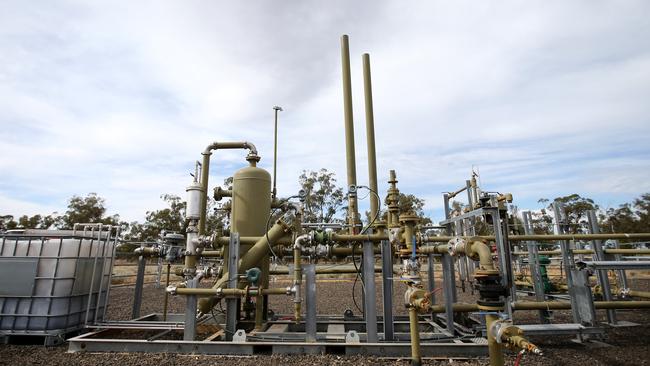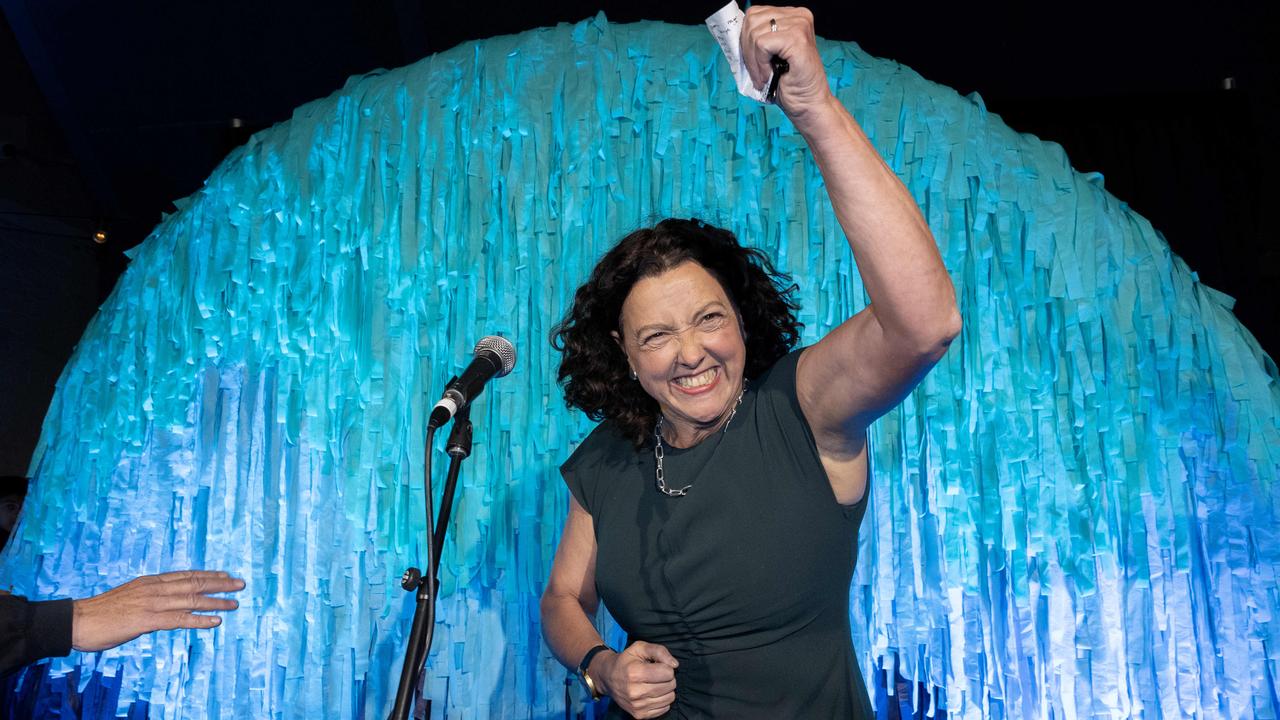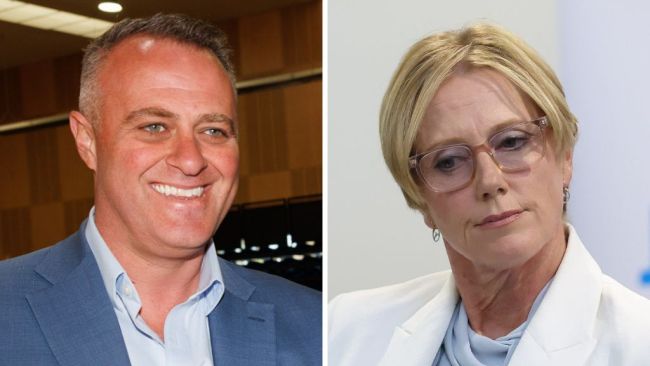Coronavirus regional recovery: first rain, then gas
With the Santos gas project finally approved by the NSW government, Narrabri Mayor Ron Campbell is positively basking in his town’s new-found potential.

With the Santos gas project finally approved by the NSW government, Narrabri Mayor Ron Campbell is positively basking in his town’s new-found potential.
It started with the breaking of the devastating drought that after three years of nothing has yielded the best crop in memory, and is building momentum with the construction of a high-speed inland railway.
Mr Campbell said access to reasonably priced energy was the key to building the local community, as well as the nation.
“This is the legacy we have got for when the gas and coal is gone,” Mr Campbell said.
He said the community was “exhausted to say the least” by the decade-long dispute over the gas project.
Development of the $3.6bn Narrabri coal-seam gas project is now in the hands of federal Environment Minister Sussan Ley and financial markets, following approval by the NSW Independent Planning Commission.
The Santos-led project has become a totemic issue both for environment groups and the Morrison government’s ambitions to increase domestic gas supplies for industry.
The decision to approve the project was welcomed by federal Energy Minister Angus Taylor, but was described as “criminally irresponsible” by Griffith University academic Ian Lowe.
Hugh Saddler, from the Australian National University, has been equally pessimistic about the project’s financial prospects. “New gas supply from Narrabri will do nothing to reduce the cost of gas to consumers because it will have higher production costs than existing gas fields,” he said.
“For the same reason, if used to generate electricity, it will do nothing to bring down wholesale electricity prices, and, in any case, will not be needed.”
Santos said it would accept all of the 134 conditions imposed on the project by NSW authorities.
Ms Ley has one month to assess the project under the Environmental Protection and Biodiversity Conservation Act.
A spokesman for Ms Ley said the process for deciding whether to approve the project under the EPBC Act would begin following formal receipt of the NSW government’s assessment report.
The statutory time frame for the EPBC Act approval decision is 30 business days following formal receipt of the report, but Ms Ley can extend the approval decision time frame under the EPBC Act.
Ironically, federal approval would not be required under controversial new legislation before the federal parliament which gives full decision-making powers to the states.
Environment groups have called on Ms Ley to use her powers to reject the project.
“The unacceptable impacts of the Narrabri gas project on the water supply … the koala population of the Nandewar-Brigalow bioregion, creeks in the Murray Darling River system and the project’s contribution to global heating should have seen this bitterly contested proposal plainly rejected,” Greenpeace spokesman Jonathan Moylan said.
The NSW decision includes tough conditions for Santos on water quality and emissions. But planning authorities rejected the idea the project could be derailed simply by the weight of numbers of submissions opposing it.
For Santos, the project has been a rollercoaster ride since it was acquired from the much smaller company Eastern Star, headed by former deputy prime minister and Nationals leader John Anderson. Eastern Star left a legacy of leakages and poor environmental performance that dogged Santos. And when the oil price collapsed in 2016, Santos wrote down the project’s value and made it a “non-core asset”.
But the federal government has highlighted the Narrabri project as crucial to expanding gas supplies to reduce gas prices.




To join the conversation, please log in. Don't have an account? Register
Join the conversation, you are commenting as Logout